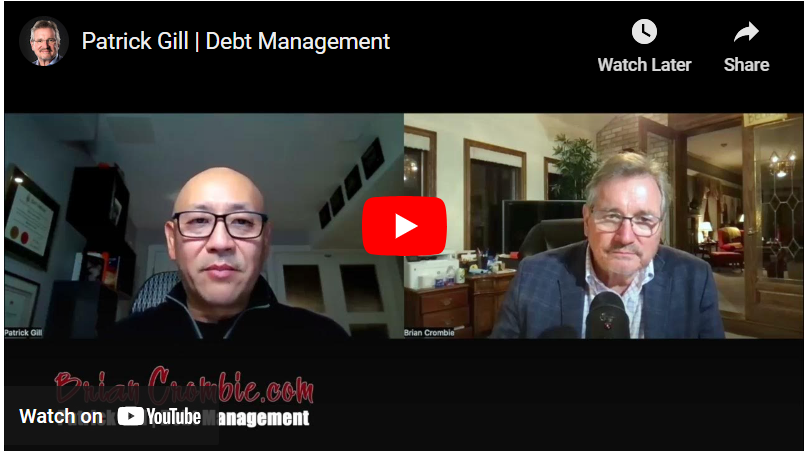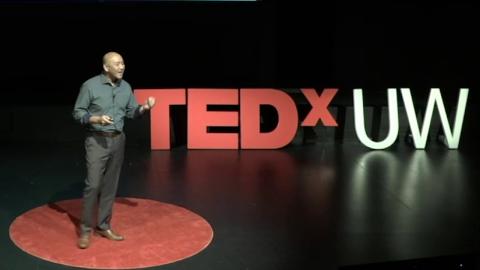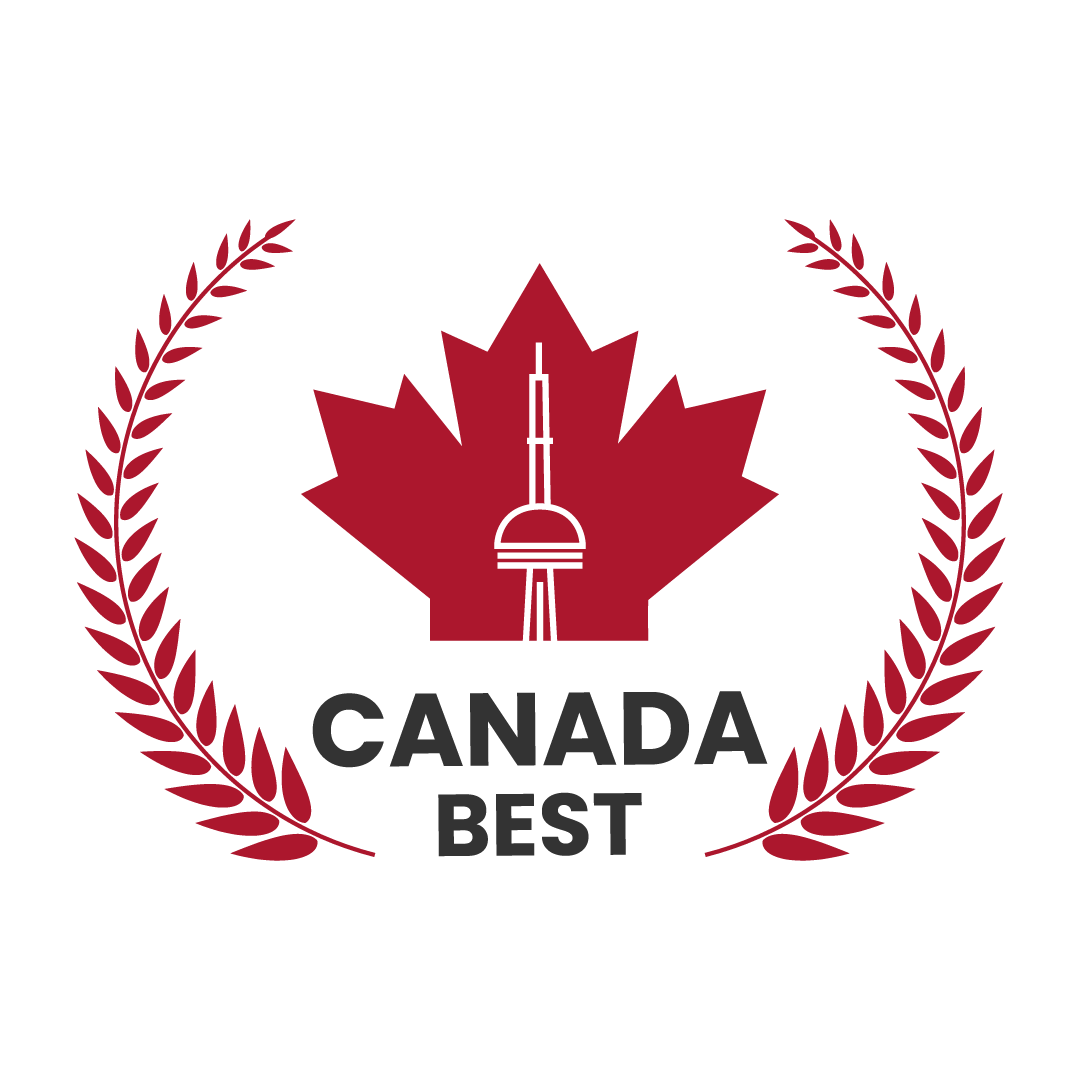With prime rates rising, those facing mortgage renewals or buying a home this year are asking "Do I fix or do I go with a variable rate?"

As the Canadian economy continues to navigate the uncertainty of the post-pandemic landscape, many are considering the benefits of investing in a home. While there are many factors to consider when taking out a mortgage, one of the most pressing questions on people's minds is whether to fix their rate or opt for a variable rate.
Recent changes to the overnight rate have led to a .25 bps increase, and many are wondering what this means for their mortgages. As a mortgage broker, I can tell you that this will lead to a change in the base prime rate, but as an economist, I see many different implications of this change.

One thing that is worth noting is that fixed rates are currently lower than variable rates, which is a rare occurrence in Canada's history. When we look back at the few times this has happened in the past (1979, 1989, 1990, and 2006), we see that they coincided with times of economic recession or near the pivot points of recovery. While we cannot predict the future based on past events, these signals suggest that we may be nearing peak rates. This means that locking in now could mean locking in at a high 'peak' interest rate.
It's important to note that these reversals, where variable rates are higher than fixed rates, are generally short-lived phenomena that occur over a three-year period or less. Therefore, the question of whether to fix in your rate is best answered by examining the entire structure of your mortgage.
One important factor to consider is that variable rates are now so close to Open HELOC (home equity line of credit) rates, which makes it logical to switch over on a comparable basis. By doing so, you eliminate all the risks associated with an amortized mortgage that come with the variable term. Traditional mortgages have fixed payment schedules that assume the borrower's income and family situation will remain stable, but life is unpredictable, and unexpected events can make it difficult to keep up with payments. This can lead to high-cost credit-card debt, a halt in retirement savings, and added stress. If a borrower's circumstances change, they cannot easily change their payment plan or access the payments already made, making traditional mortgages risky. Instead, you gain all the benefits of an open HELOC, including flexibility, access to unused equity, and the ability to aggressively pay down your principal balance and not just interest.
Beyond these considerations, there are many benefits to investing in a home. With the pandemic ushering in the acceleration of remote work, those who can work from home now can earn revenue from their home, as well as cut expenditures related to travel, commuting, and office rent. Furthermore, policies such as garden suites and in-law suites are opening more housing for the growing population, providing opportunities to include a secondary suite in your home that can act as an income generator to help with cash flow.
Ultimately, the decision of whether to fix your mortgage rate or opt for a variable rate depends on your individual circumstances and goals. Keep in mind that by examining the larger economic context and the structure of your mortgage, you can make an informed decision that supports your financial well-being.
Design Exhibitions
There are new exhibitions at the National Museum every month. Check out what's on when you're in town.
May 2024
29
30
1
2
3
4
5
6
7
8
9
10
11
12
13
14
15
16
17
18
19
20
21
22
23
24
25
26
27
28
29
30
31
1
2
Office: 1.416.315.0355
Toll free: 1.877.918.1004
Patrick Gill
CEO, Co-Founder
Direct: 416.894.4546
patrickgill@guardianmortgages.ca
Allen Chin
Principal Broker, Co-Founder
allen@guardianmortgages.ca
Kinga Chin
COO, Co-Founder
kinga@guardianmortgages.ca
Learn more today.
Contact Us
We know you have choices. Thank you for the opportunity.
The AYME strategy will change the way you look at mortgages and we are excited to show you how!
We will contact you shortly.
Oops, there was an error sending your message.
Please try again.






